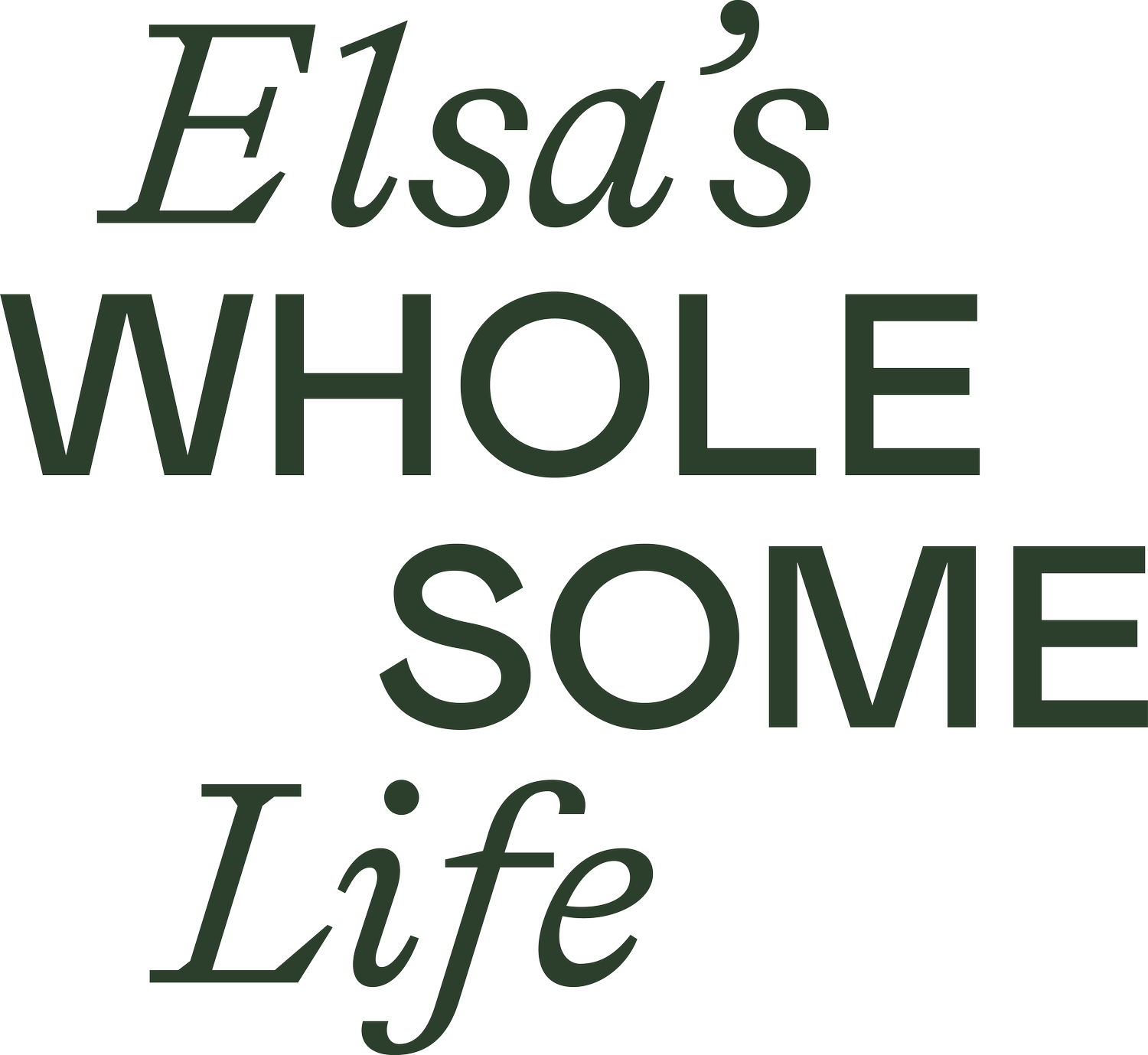Why you should EAT MORE PLANTS!
Want to know why you should be eating more plant foods? I have comprised a blog giving you three important reasons why you should be eating more plants.
This is the second blog post written by Emily of Sprout Dietetics and I, for Cocobella. You can find this blog post plus more written by me on the Cocobella Blog. I have written this extended version for my blog.
Vibrant plant based foods
Veganism and vegetarianism are fast becoming popular lifestyle and dietary choices that affect not only our diet but also our product choices. I understand that these choices may not suit everyone, however most people can see and feel positive benefits by reducing their meat consumption and eating a higher proportion of fruit and vegetables. I chose to go plant based 2 years ago, after being pescatarian for some time, and am not looking back! (nor am I missing meat and dairy!)
We live in a world where we are constantly given these 'NO' messages. No gluten, no sugar, no fat, no carbs, no bread, no refined sugar, etc. But I don't think eating can ever be that simple. As passionate as I am about vegetarianism, I believe that instead of saying 'NO' we should be saying 'MORE', more plants! which is where I developed my motto- 'Eat More Plants'
The following reasons are why I choose to eat plant based and hopefully will inspire you to do the same.
Reason 1. Ethical
Factory farming
Our obsession with meat and its low cost has led to HUGE scale factory farming around the globe in order for the industry to keep up with the demand. Now, about 70% of poultry meat, 50% of pork, 40% of beef and 60% of eggs are factory farmed. In factory farms these animals often endure dire conditions that can be detrimental to their health and wellbeing. Factory farming is currently the #1 cause of animal cruelty. So, if you do choose to eat meat buy a more ethically sourced and better quality meat (such as those from local, organic, and free range farms) and eggs that come from organic free range farms (or better yet- get your own chickens or find someone in your town who sells their chickens eggs). The only way us as consumers can have an impact on this is through your choice when you shop, the market will match the demand, and if we stop buying cheap and inhumane products they will produce less of it. These less cruel products are often more expensive, so eat less of it! Try having meat/eggs only once per day and have a couple of meat free days! Then you can try transitioning to a plant based lifestyle when ready :) Of course, that is the ultimate goal isn't it, to be completely plant based is the most ethical choice. Through my recipes, I encourage anyone and everyone to give plant based eating a go, and learn how easy and delicious it can be.
Reason 2. Sustainability
Helping the environment
The United Nations has identified the livestock industry as one of the most significant contributors to todays’ most serious environmental problems. Pollution, Land Use, Species Extinction, Antibiotic Overuse, Depleted Fisheries and Water Use. Water usage is one example of how meat consumption is damaging our environment. The water usage for raising livestock is significantly greater than that needed for growing vegetables and grains. If you think about it. To raise livestock for you to eat you need to feed them, and to grow their feed you need water. If we cut out that middle factor and just eat the plants you will use less water. One fact that I heard when watching Cowspiracy was that to make 450g of beef requires ~9500 litres of water. Pretty shocking. Another factor to be aware of is carbon emissions or 'food miles'. Always look at where your food is coming from and try to buy local produce. Animal agriculture is responsible for 18 percent of greenhouse gas emissions, more than the combined exhaust from all transportation (13%). Livestock produce Methane Gas which is 25-100x more destructive than carbon dioxide. Eating more vegetables can therefore lower an individuals impact on the environment particularly those grown locally or at least within your own country.
Reason 3. Better for your health
Health benefits
Going plant based or having some meat free days each week inadvertently forces you to increase the amount of plant sources in your diet because you need to fill the room on your plate where the meat would have been. This variability in your diet can improve your intake of fibre, folate, zinc, and magnesium among many other nutrients. It can also help to reduce your saturated fat intake. There is also convincing evidence that high red meat and processed meat consumption increases the risk of many preventable diseases such as cancer of the bowel. So by reducing your intake you’re also reducing the risk of many health problems. There has also been some really interesting information and research coming out in the area of fibre and gut health and its many effects. Check out this story from ABC's Catalyst
Eat more plants
If you want more information about going plant based or eating more plants check out these documentaries that helped inspire me:
FoodInc, Forks over Knives, Cowspiracy, Earthlings... and this video about free range eggs
I hope you found this blog post useful and insightful!
Elsa, xx
Plant foods
Inspired but don't know what to cook?
Check out my eBook I brought out earlier in the year filled with tasty and easy plant based recipes! or my brand new cookbook on apple iBooks
This is my FIRST recipe book creation! self-published December 2015.
60+ Wholesome Plant Based Recipes
Breakfasts, Drinks, Basics, Lunches, Dinners, Treats.
All Vegan, and heaps of GF options!
Beautiful coloured images.
Tips, info and inspiration
Some useful links:
http://theconversation.com/update-australias-dietary-guidelines-to-consider-sustainability-5439
http://www.makeitpossible.com/facts/what-is-factory-farming.php
http://www.cowspiracy.com
http://www.animalsaustralia.org
https://www.phaa.net.au/documents/item/562




